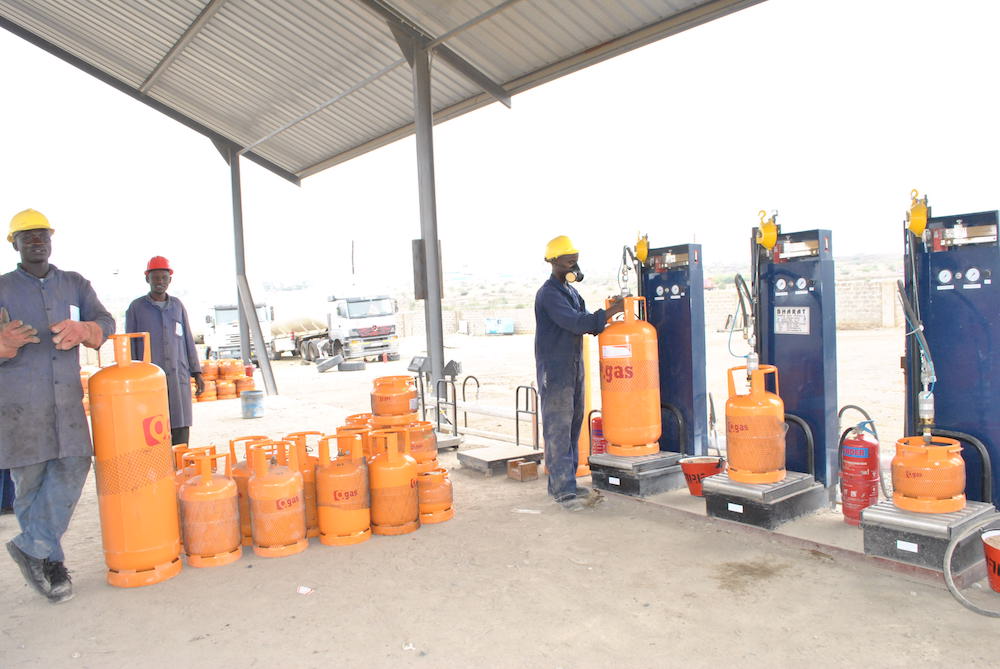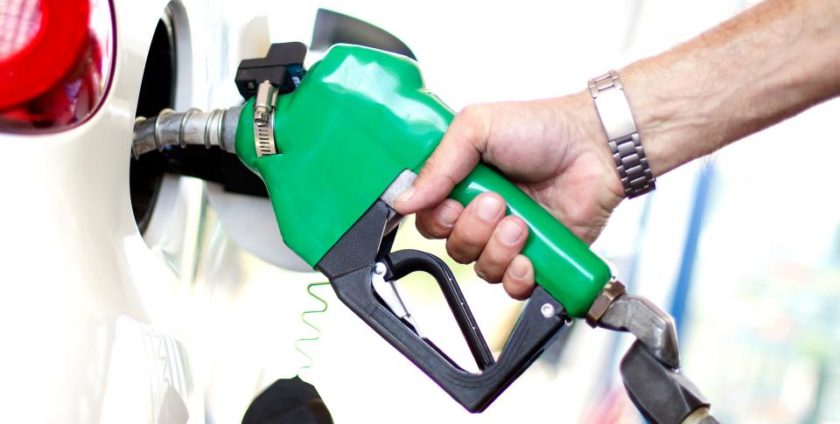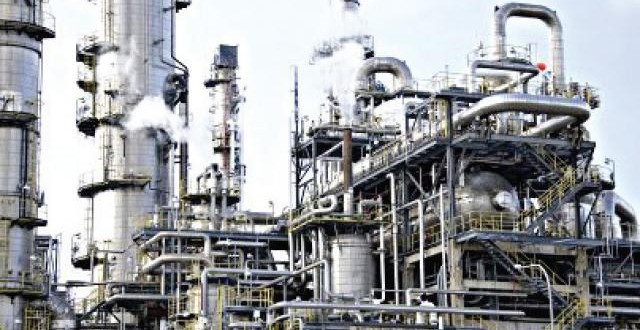Cooking Gas Marketers Blame Increasing Prices On Importation
Marketers of cooking gas on Wednesday blamed its increasing prices on massive importation, causing anguish to end-users.
Mr Bassey Essien, Executive Secretary of the Nigerian Association of Liquefied Petroleum Gas Marketers, said in a statement is Lagos that “Nigeria consumes about one million metric tonnes of cooking gas annually, but 65 per cent of it is imported.
“The CBN has no dedicated window for foreign exchange for cooking gas importers, hence the sourcing of foreign exchange at a high price which ultimately dictates the price the product gets to consumers.
“This brings to the fore, our persistent request for the full domestication of cooking gas supply to guide against price manipulations by international market and foreign exchange forces.
“The price of 20 metric tonnes of cooking gas initially rose from N4 million to N5 million then to N5.3 million, all within one month.
“The current high price of cooking gas is not traceable to marketers (plant owners), but to the vagaries of international prices and foreign exchange restrictions.’’
He stressed that cooking gas marketers had consistently championed the call for local production of cooking gas from its raw form to cleaning, distribution and marketing so as to stave increases in prices as dictated by the importation regime.
“We as marketers are also saying that the Nigerian Liquefied Natural Gas Company (NLNG) and other gas producers should domesticate the production chain for cooking gas by dedicating sufficient quantity for domestic consumption,’’ he said.
Essien also said it was disheartening that cooking gas prices went up at a time when Nigerians were yet to recover from the hardships caused by the COVID-19 pandemic, the #EndSARS protests and the current economic recession.
He noted that the NLNG allocated only 350,000 MT of gas to domestic consumption out of its four million metric tonnes annual production.
The NLNG said recently, however, that it would increase its annual domestic allocation of cooking gas to 450,000MT by 2021.





